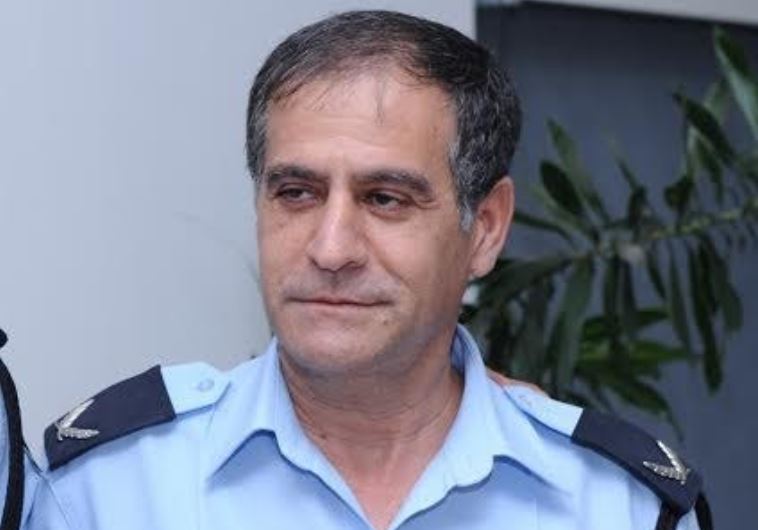Top Israel police investigator Bracha commits suicide
In 2012, Bracha made waves when he broke the case against Rabbi Yoshiyahu Pinto, after he recorded the rabbi attempting to bribe him.
 Police Assistant Commissioner Ephraim Bracha (photo credit: POLICE SPOKESPERSON'S UNIT)Updated:
Police Assistant Commissioner Ephraim Bracha (photo credit: POLICE SPOKESPERSON'S UNIT)Updated: